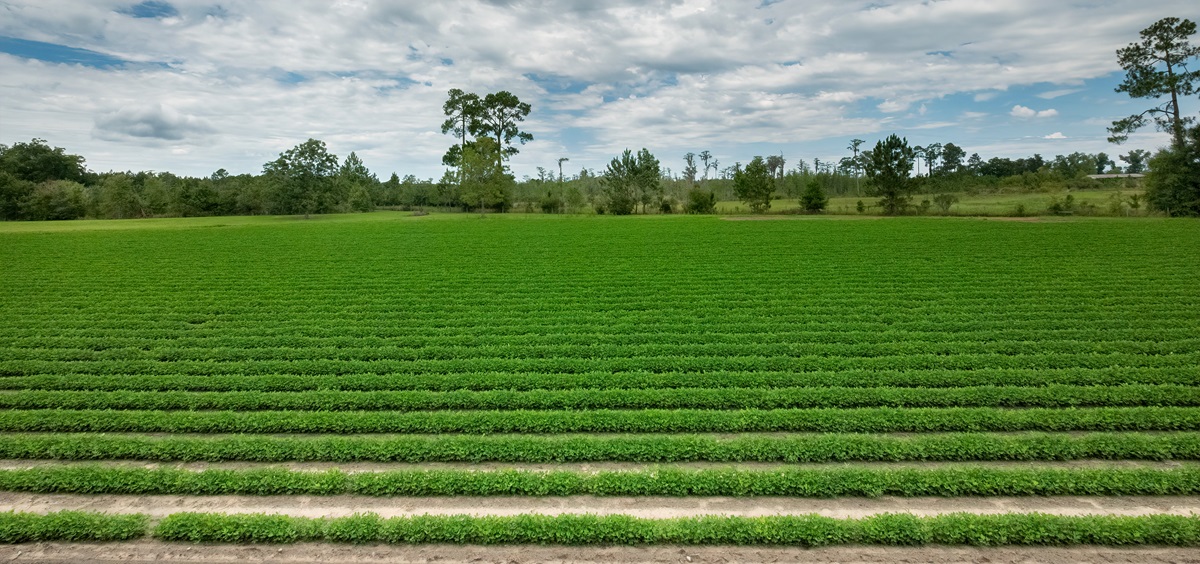 The U.S. Court of Appeals for the Eleventh Circuit recently held that the anti-modification provision in the federal Bankruptcy Code applies to loans secured by mixed-use real properties, such as the large parcel at issue here which functioned both for commercial use and as the debtor’s principal residence.
The U.S. Court of Appeals for the Eleventh Circuit recently held that the anti-modification provision in the federal Bankruptcy Code applies to loans secured by mixed-use real properties, such as the large parcel at issue here which functioned both for commercial use and as the debtor’s principal residence.
A copy of the opinion in Lee v. U.S. Bank National Association is available at: Link to Opinion.
The debtor defaulted on her mortgage loan for a 43-acre property in Georgia, which served as her principal residence and was also leased to a farming company. In an effort to restructure her debts, the debtor filed a voluntary bankruptcy petition and proposed a reorganization plan that included payments to the mortgagee.
The mortgagee sought relief from the automatic stay, arguing that the anti-modification provision barred the court from approving a plan that altered the mortgagee’s claim. The bankruptcy court agreed, holding that the anti-modification provision applied because the property was the debtor’s principal residence, despite its additional use as farmland. Consequently, the bankruptcy court granted the mortgagee’s motion for relief from the automatic stay, allowing the mortgagee to proceed with foreclosure.
The debtor appealed, but the district court affirmed the bankruptcy court’s ruling. The debtor then appealed to the Eleventh Circuit.
The Eleventh Circuit first noted that the Bankruptcy Code generally allows debtors to modify or restructure their debts, subject to certain limits. For example, the Court continued, a Chapter 11 restructuring plan may “modify the rights of holders of secured claims, but, under the anti-modification provision, it cannot modify those rights if a creditor’s claim is “secured only by a security interest in real property that is the debtor’s principal residence.” 11. U.S.C. § 1123(b)(5). The Court also noted that the Chapter 11 anti-modification provision in “section 1123(b)(5) is identical to section 1322(b)(2) — the anti-modification provision in chapter 13.”
Agreeing with similar rulings of the Sixth and Ninth Circuits, the Eleventh Circuit held that the text of the anti-modification provision, when read together with the statutory definition of a “debtor’s principal residence”, has “three distinct requirements.” In re Wages, 508 B.R. 161, 165 (B.A.P. 9th Cir. 2014). First, “the security interest must be in real property.” Second, “the real property must be the only security for the debt.” Lastly, “the real property must be the debtor’s principal residence.”
The debtor argued that the approach taken by the First and Third Circuits should be followed. The Eleventh Circuit noted that the First and Third Circuits “read the anti-modification provision to require that the debtor use her real property only or exclusively as her principal residence and for no other purpose.” See In re Scarborough, 461 F.3d 406, 411 (3d Cir. 2006); Lomas Mortg., Inc. v. Louis, 82 F.3d 1, 4–7 (1st Cir. 1996)
However, the majority of the Eleventh Circuit disagreed. Examining the plain language of the anti-modification provision, and standard dictionary definitions, the Eleventh Circuit majority held that the anti-modification provision’s requirements were clear: the debt must be secured by real property, which must be the debtor’s principal residence and the sole security for the debt.
The debtor also urged the adoption of a “second, case-by-case, totality-of-the-circumstances approach that focuses heavily on the parties’ subjective intentions” that “was first set out in In re Brunson, 201 B.R. 351 (Bankr. W.D.N.Y. 1996),” such as “whether the property is used ‘for significant commercial purposes’ rather than as the debtor’s principal residence.” However, the Eleventh Circuit held that this approach was not grounded in the text of the anti-modification provision.
The Eleventh Circuit thus rejected the debtor’s argument that the property’s additional use as farmland should exempt it from the anti-modification provision and affirmed the rulings of the lower courts.
Photo: Guy Bryant/stock.adobe.com


